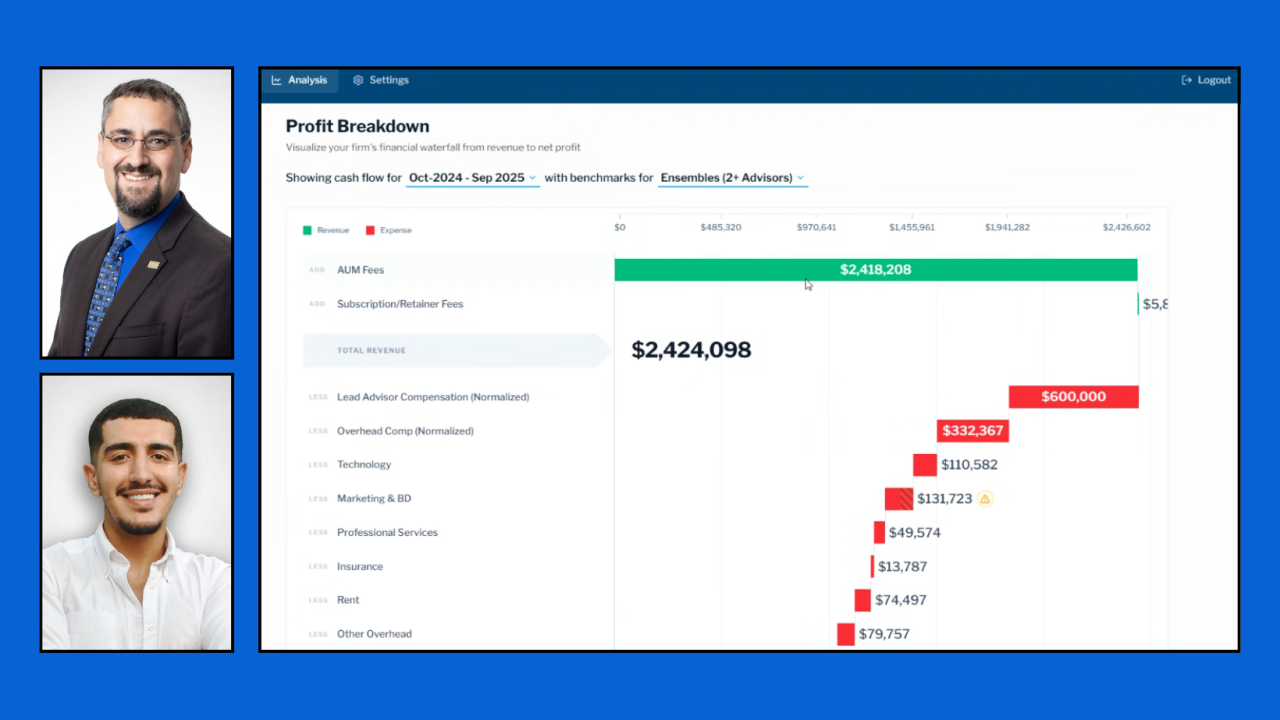Frank Paré believes financial planners can play a meaningful role in helping to turn around the country's financial crisis. "In our industry, we have so much knowledge in terms of being able to create wealth," says Paré, a planner in Oakland, Calif., "but we also have the skill set to help reduce poverty."
Paré's conviction on this subject has helped inspire groundbreaking partnerships between local and state governments and the FPA to offer free financial planning clinics around the country. Begun in 2006, 20 clinics were offered nationally last year. Now called Financial Planning Days, another 31 were scheduled this year and he hopes more will be offered in 2012. Paré is determined to see these numbers grow. In September, at its annual conference in San Diego, the FPA presented Pare with an award for his advocacy work.
A member of the CFP Board's Public Policy Council, Paré is also co-chair of government relations for the FPA East Bay Chapter. He credits the board and the association for enthusiastically supporting this movement. However, he says, "My challenge to the planning community is to think bigger." Advisors should educate people about the planning process rather than about specific financial products, he says.
To that end, Paré and his colleagues have insisted on an ethical code for all the clinics. No corporate sponsorships are allowed. No planner may sell any product or service to those who attend. "We want to provide what people need and to not capitalize off their situations," Paré says.
Many more Americans need to learn about planning, he says. More than half of baby boomers have saved less than $100,000, according to the Center for a Secure Retirement. Only one in 10 feels confident about retirement savings. "A little information goes a long way," Paré notes.
He has devoted so much time to the clinics that he manages just $10 million in assets in his own practice. He has three children at home, including a daughter with cerebral palsy, and at times balancing work and family needs is a challenge.
As a result, Paré says, he can't argue with planners who claim they don't have time to help clients with little means to pay. Nonetheless, "I tell them even an hour of your time can make a real difference."





